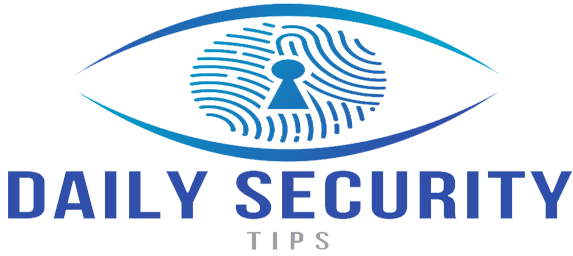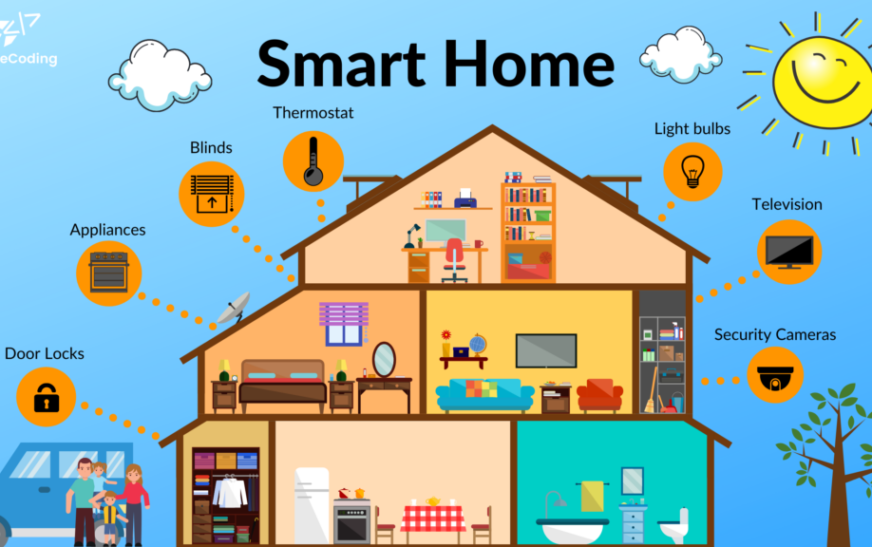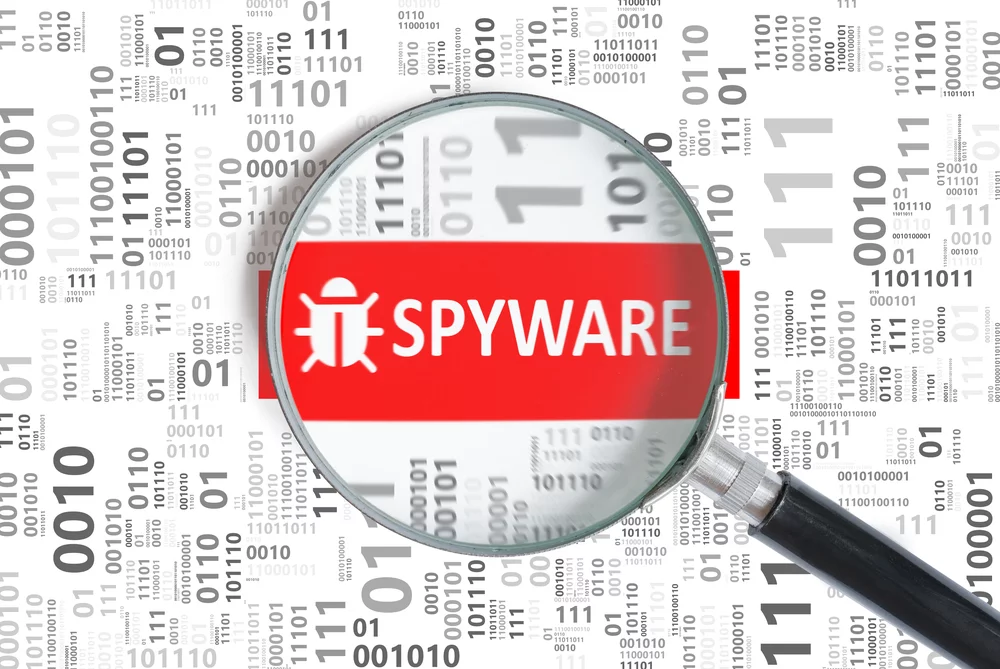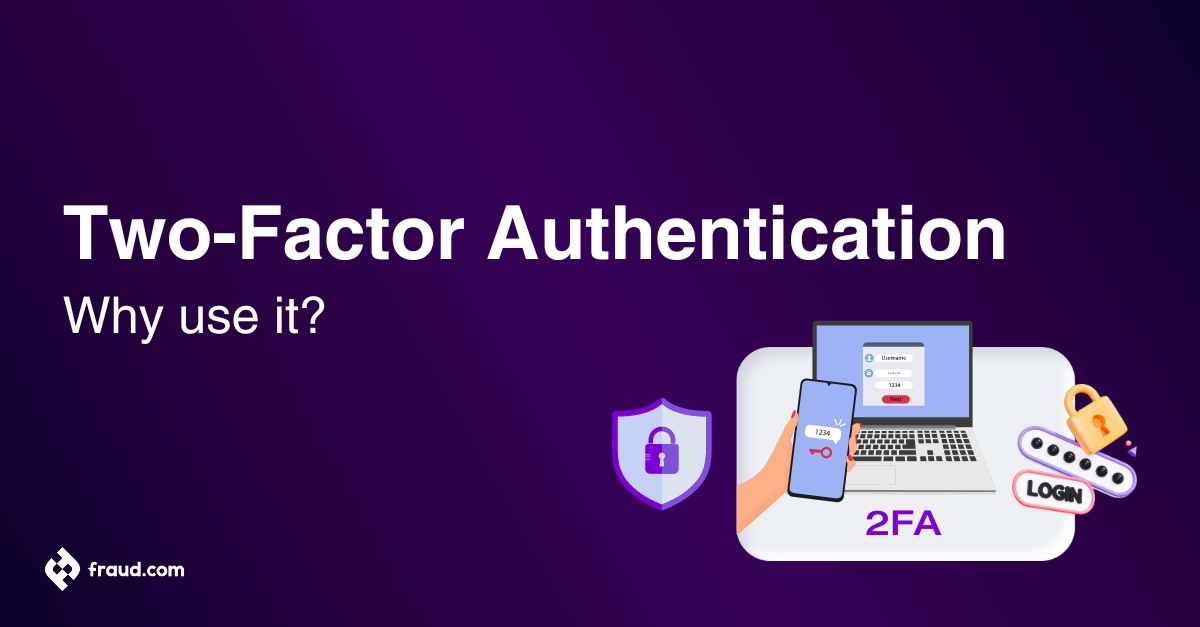Welcome to the future of living—smart homes. They offer convenience, comfort, and efficiency at our fingertips. Imagine controlling your lights, thermostat, and even security cameras from your smartphone. Sounds amazing, right? But with great technology comes great responsibility.
As you embrace this new lifestyle, it’s crucial to consider how these smart devices can expose you to potential risks. Hackers are becoming increasingly savvy in exploiting vulnerabilities in home automation systems. Without proper safeguards in place, your cozy haven could turn into an easy target for cyber threats.
So how do you ensure that your smart home remains a safe space? If you’re just starting out on this tech journey or looking to enhance your existing setup without feeling overwhelmed by all the information available online—you’re in the right place! Let’s explore essential tips that will help beginners protect their smart homes while enjoying all the benefits of modern technology.
Potential Security Risks for Smart Homes

Smart homes offer convenience and comfort, but they also come with potential security risks that every homeowner should be aware of.
One major concern is unauthorized access. Many smart devices connect to the internet, making them vulnerable to hacking attempts if not properly secured. Cybercriminals can exploit weak points in your network.
Data privacy is another issue. Smart devices collect vast amounts of personal information. If this data falls into the wrong hands, it could lead to identity theft or other malicious activities.
Moreover, outdated software can create vulnerabilities in your system. Failing to update firmware means missing critical security patches that protect against known threats.
Poorly configured devices can leave gaps for intrusions. Ensuring each device functions securely requires attention during setup and regular monitoring thereafter.
Importance of Securing Your Smart Home

Smart homes offer convenience and efficiency, but with that ease comes vulnerability. As more devices connect to the internet, they become targets for cybercriminals. A single weak point can jeopardize your entire system.
Securing your smart home is essential for protecting personal data. Hackers often exploit unsecured devices to gain access to private information, such as banking details or passwords. The consequences can be devastating.
Moreover, an unprotected smart home can lead to unauthorized control of connected appliances. Imagine someone taking over your security cameras or thermostat without you knowing—it’s a real threat.
Investing time in security measures goes beyond safety; it enhances peace of mind. Knowing you’ve taken steps to safeguard your space allows you to enjoy the benefits of technology without fear. Each small action contributes significantly towards creating a fortress against potential intrusions in today’s digital landscape.
Top Security Tips for Beginners:
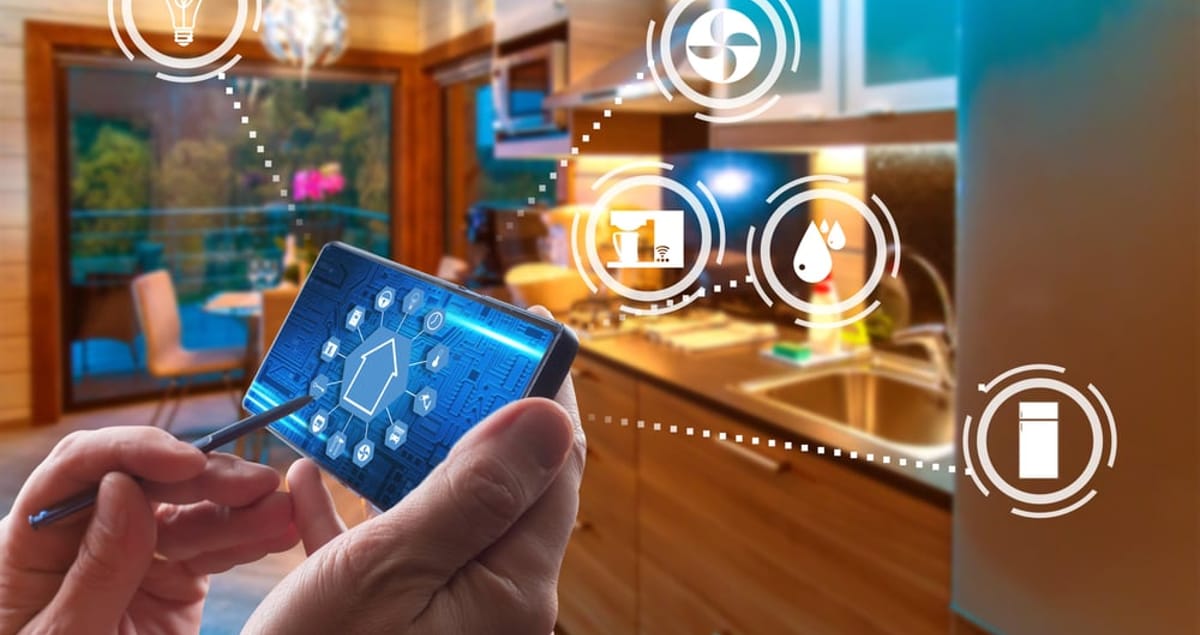
To safeguard your smart home, start with strong and unique passwords. Avoid using easily guessable information like birthdays or common phrases. Instead, mix upper and lower case letters, numbers, and special characters.
Regularly updating firmware and software is crucial for maintaining security. Updates often include patches that fix vulnerabilities. Set reminders to check for updates frequently.
Enabling two-factor authentication adds an extra layer of protection. This simple step requires a second form of verification when logging in, making it harder for intruders to gain access.
Your Wi-Fi network deserves attention too. Change the default router settings and create a robust password specific to your network. Consider hiding your SSID so that only trusted devices can connect.
Be cautious with third-party apps and devices linked to your smart home system. Research their security measures before integration to avoid potential threats lurking in unfamiliar technology.
– Use Strong and Unique Passwords
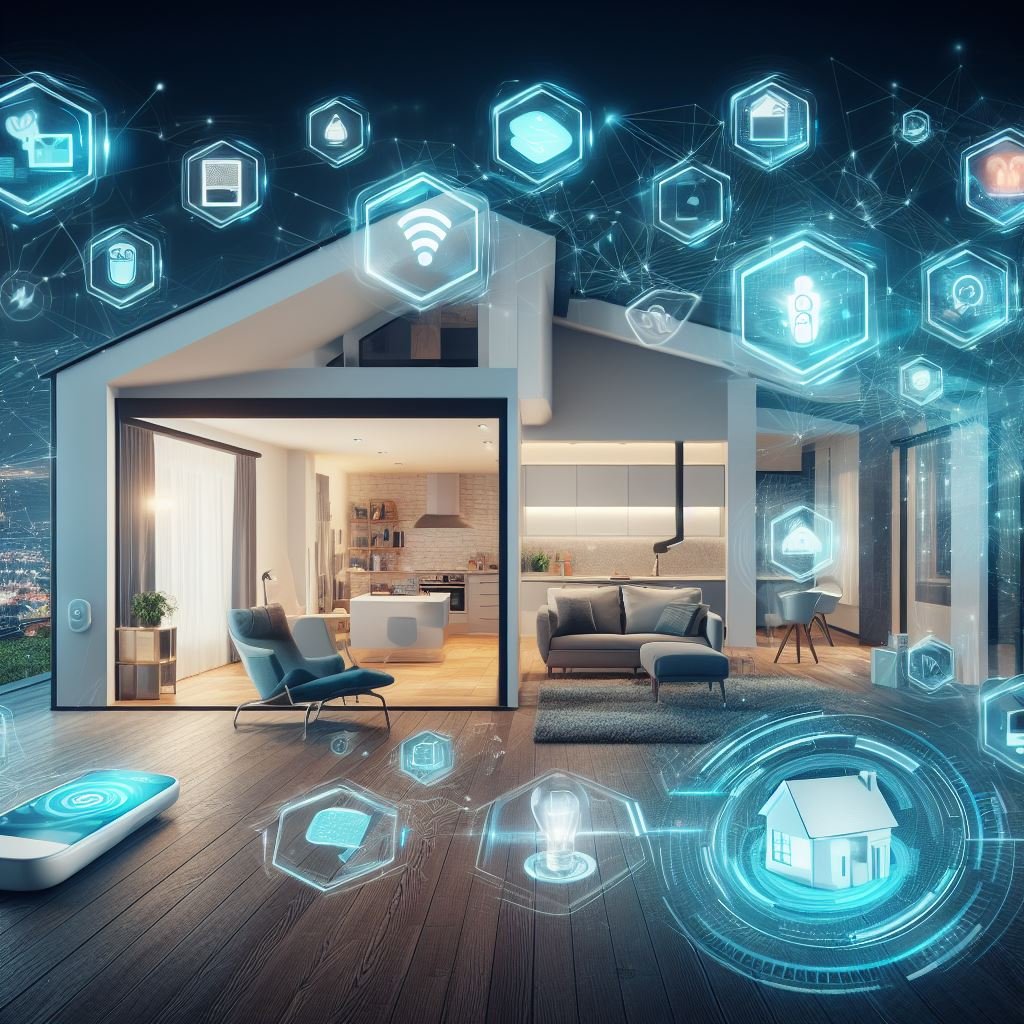
One of the simplest yet most effective ways to enhance your smart home security is by using strong and unique passwords. Many people fall into the trap of creating easy-to-remember passwords, which can be a hacker’s dream.
Your password should consist of a mix of letters, numbers, and special characters. Aim for at least 12 characters in length. The longer and more complex your password, the harder it becomes for anyone to crack it.
Avoid using personal information like birthdays or pet names; these are often easily guessed or found online. Instead, consider using a passphrase—a string of unrelated words that you can remember but others might not associate with you.
Never reuse passwords across multiple devices or accounts. Each connected device deserves its own fortress against potential breaches—it’s an essential step in protecting your smart home environment.
